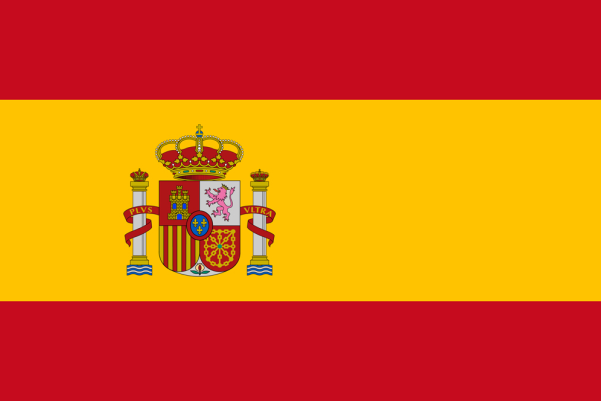Great Brazilian Inventions: there are many British inventors who have earned worldwide recognition for their revolutionary ideas – the likes of Isaac Newton, Charles Darwin and Richard Trevithick, for example. However, in spite of a certain amount of controversy and uncertainty surrounding one or two cases, there are still a lot of people who are unaware that quite a few modern day features were invented by Brazilians. Here are some of them.
Radio transmission
According to some reports, the Brazilian Priest Roberto Landell de Moura was actually the first ever person to transmit their voice by means of radio waves. He managed to transmit an audible greeting (“Alô, Alô”) a distance of 8 kilometres, to the Avenida Paulista in São Paulo. De Moura did not receive the recognition he deserved during his lifetime, however, and it has taken until the present day for his name to become associated with the invention he pioneered.

Typewriter
Before computers conquered the world, typewriters were an everyday object. To many people’s surprise, this nineteenth century invention is another Brazilian one, whose inventor was also a priest! João Francisco de Azevedo, in his need to print words on paper, ingeniously adapted a 24 key piano to create the first ever typewriter.

Abreugraphy
This somewhat strange name is actually an early type of radiography, without the computerized technology of today. Its inventor was the Brazilian physician Manuel de Abreu, who spent years trying to find a way to X-ray human organs, and finally had success in 1934. He had found a way to take pictures of the lungs, with the use of radiographic plates, thus enabling himself and his fellow colleagues to diagnose tuberculosis much earlier than they had previously been able to.

Caller ID device
The first ever version of the modern day Caller ID was a separate device, created by the Brazilian Nélio Nicolai. Brazilians commonly referred to it as the “bina”, and it was invented in the 80s, becoming popular in the 90s, until phone technology advanced to the point when the device became obsolete.


















